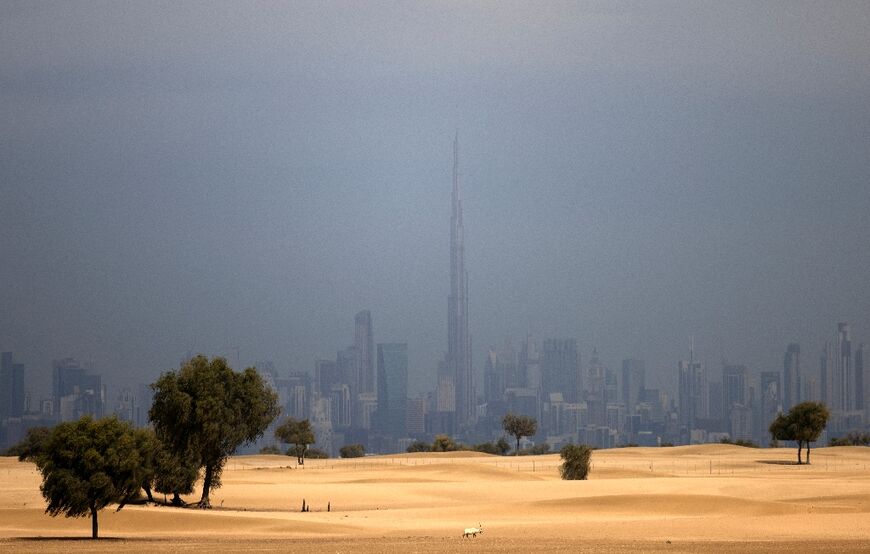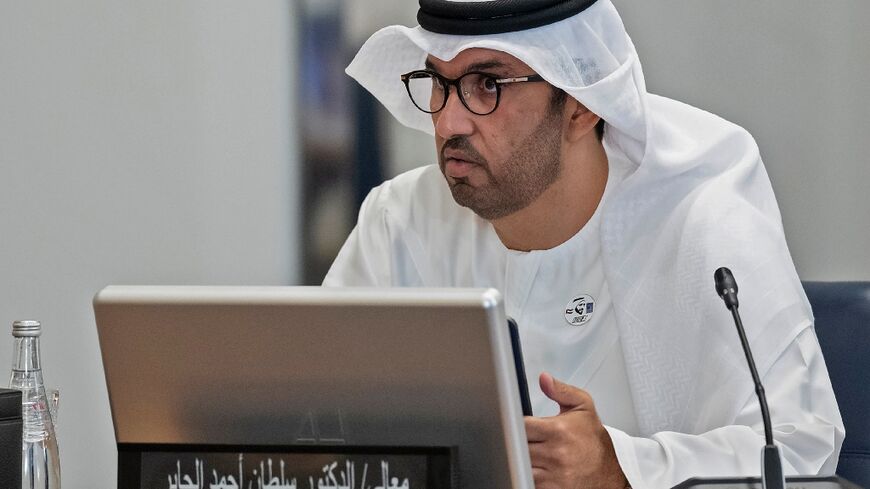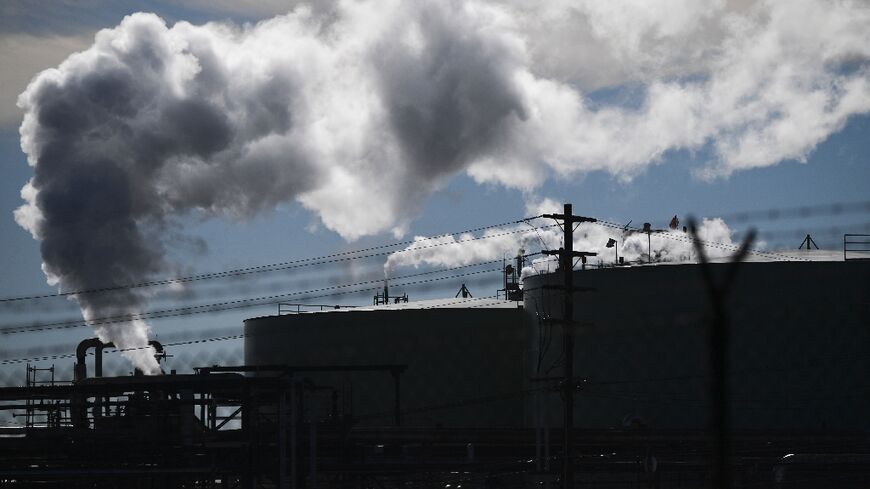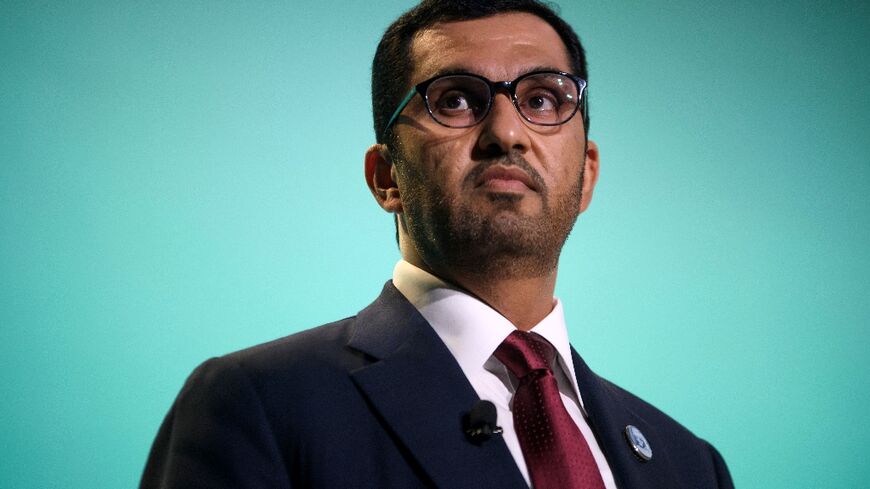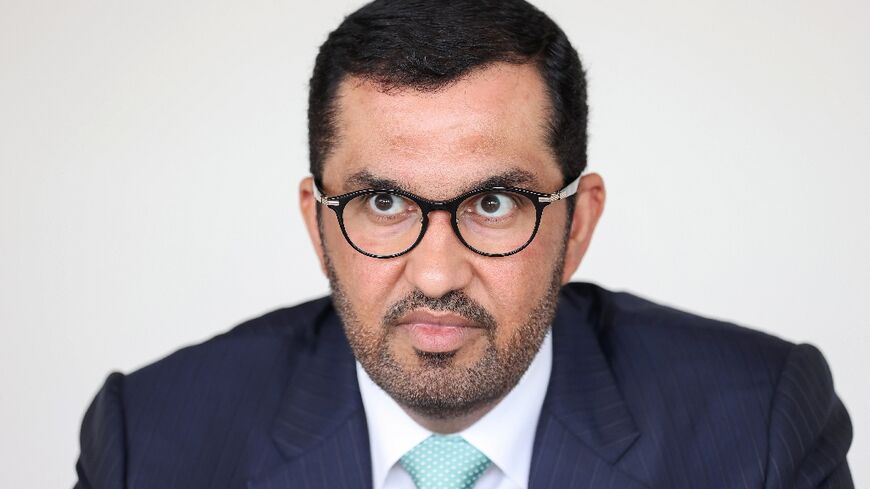Fight climate change without slowing growth: UAE's COP28 chief
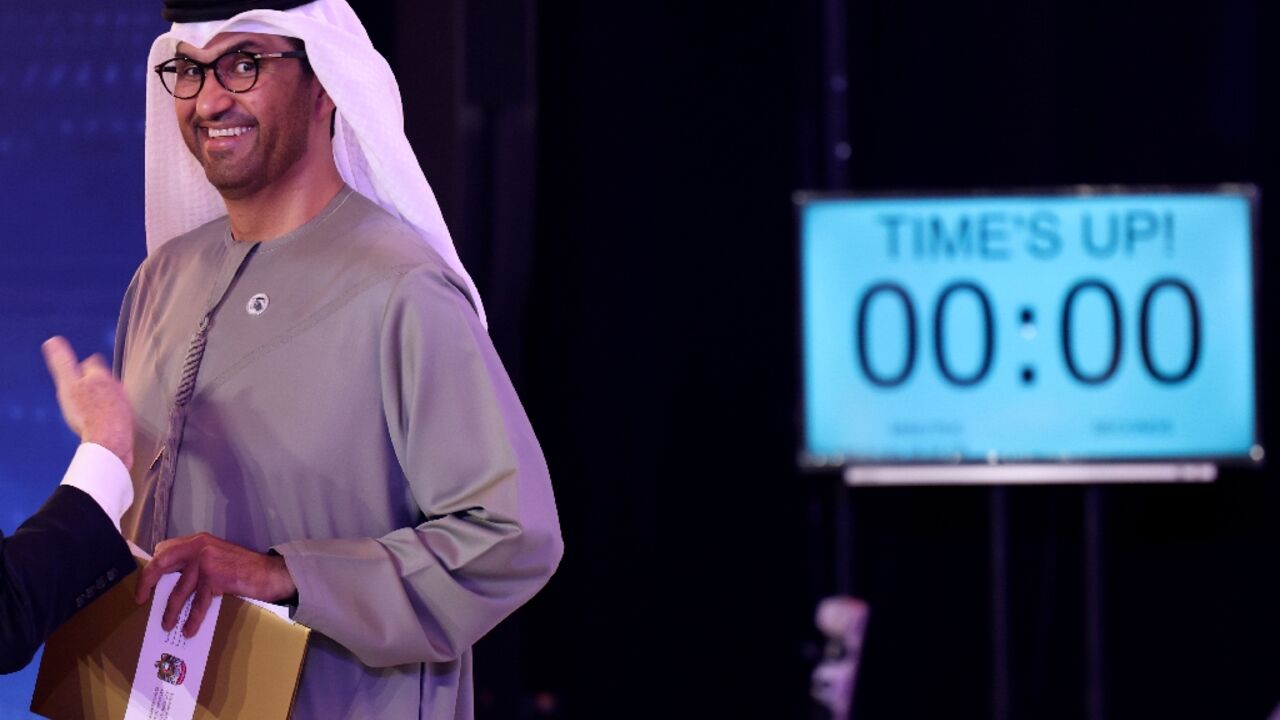
The fight against global warming should not be at the expense of economic growth, the United Arab Emirates' oil chief who will lead this year's UN climate talks said on Monday.
Sultan Al Jaber, the UAE' special envoy for climate change and CEO of oil giant ADNOC, said the energy transition needed to make the planet "wealthier and healthier".
"We need to hold back the global rise in temperatures to 1.5 degrees (Celsius), without slowing economic growth," he told a graduation ceremony at the Mohamed Bin Zayed University of Artificial Intelligence.
"We need to drive an inclusive energy transition that leaves no one behind, especially in the Global South. We need to make our planet wealthier and healthier at the same time."
Al Jaber's appointment as president of COP28 has been criticised by activists who said it threatens the "legitimacy" of the global forum against climate change.
The minister of industry and advanced technology is a veteran of COP meetings and heads a leading renewable energy company. His appointment was welcomed by US climate envoy John Kerry.
On Monday, France's economy minister urged delegates to get behind Al Jaber and focus on "concrete decisions".
"Don't misunderstand the challenge of COP28," Bruno Le Maire said in Abu Dhabi.
"The challenge of COP28 is not to know who is in charge of the COP. The key challenge of the COP28 are the results, the concrete decisions."
- 'Single winner' -
The French minister, who also visited Qatar as part of his trip to the Gulf, said he had been reassured by Al Jaber and members of the UAE government regarding their approach to the climate conference.
"I think all the participants to the COP28 should ... try to support the efforts of the presidency of COP28 so that at the end of COP28 the single winner will be our planet."
The last UN climate talks, in Egypt in November, ended with a landmark deal to create a "loss and damage" fund to cover the costs that developing countries face from climate-linked natural disasters and impacts like rising sea levels.
But observers were left disappointed that little progress was made on reducing planet-heating emissions from fossil fuels.
The UAE, one of the world's biggest oil producers, argues that crude remains indispensable to the global economy and is needed to finance the energy transition.
The Gulf monarchy is pushing the merits of carbon capture -- removing carbon dioxide as fuel is burned, or from the air.
It is also spending billions to develop enough renewable energy to cover half of its needs by 2050, when it is targeting net-zero domestic carbon emissions -- which do not include pollution from exported oil.



